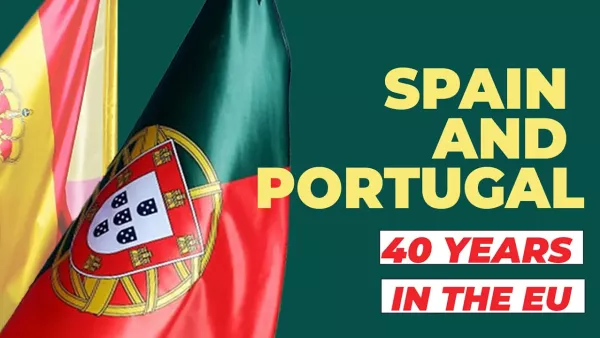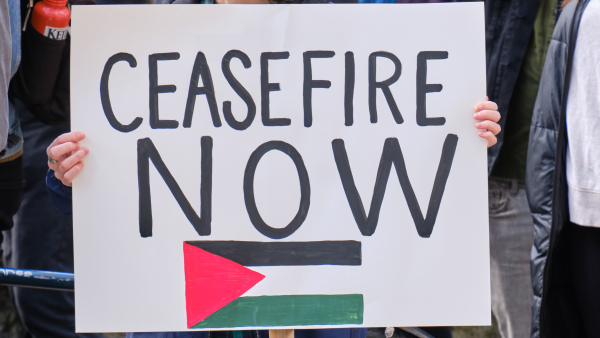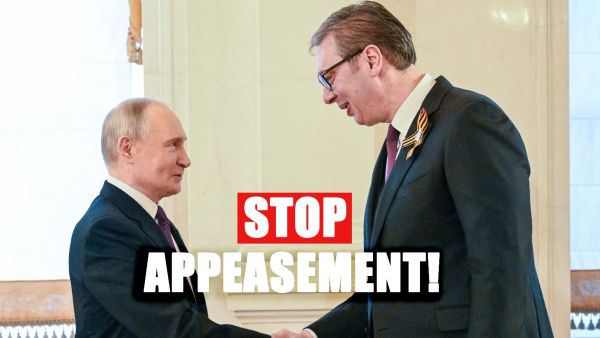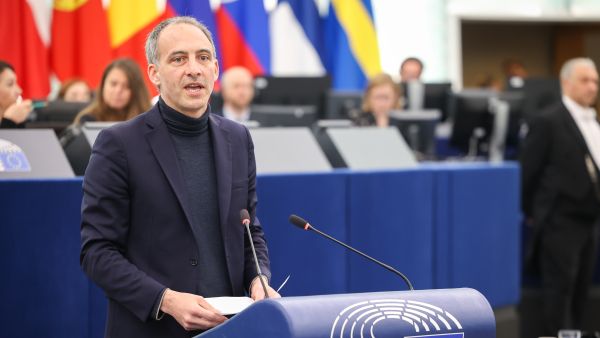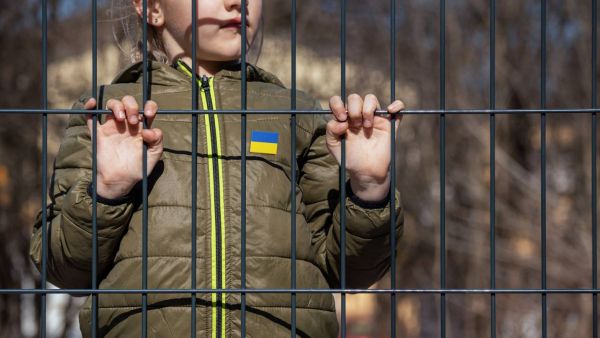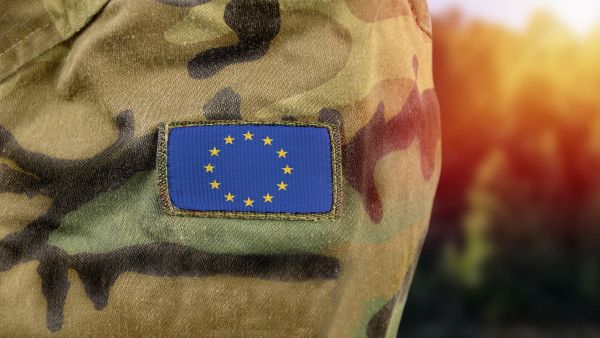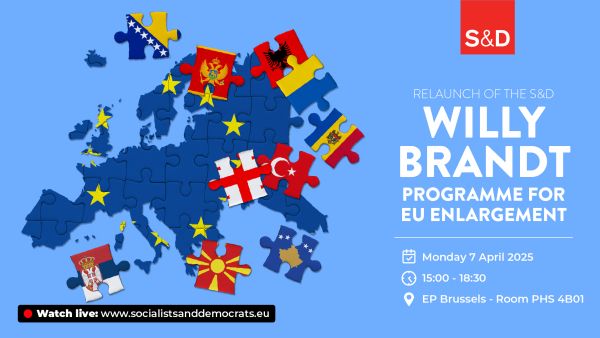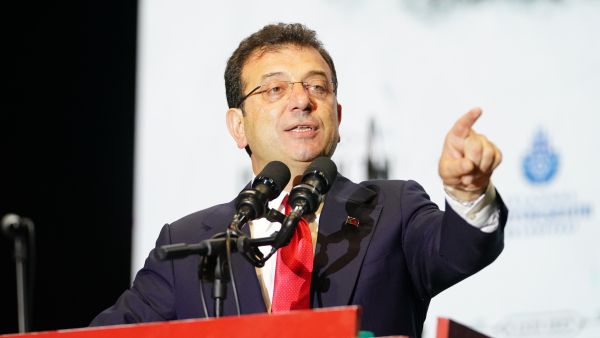A cross party delegation of the subcommittee on human rights in the European Parliament, led by S&D Euro MP David Martin, visited Banjul from 19 to 23 September 2016 to evaluate the political situation in Gambia. S&D Group spokesperson on foreign affairs policy, Richard Howitt, was also part of the delegation. The situation in the country is seriously deteriorating in anticipation of the upcoming presidential elections on 1 December 2016. As numerous arrests and arbitrary detentions of political opponents, journalists and human rights defenders have taken place, a climate of fear is being created in the country.
David Martin said:
"We take note of the apparent good technical preparation made so far by the Independent Electoral Commission but encourage the Commission to reflect on how to improve campaign space for all political parties and access to State media.
"In order to increase the likelihood of free and fair elections, the delegation calls on the Gambian government to release all protestors arrested in connection with the April protest, including the UDP Leader, Ousainou Darboe, to give the opposition parties fair access to State media and to conduct an independent investigation into Solo Sandeng's death."
Richard Howitt added:
"We strongly welcome the ban on female genital mutilation (FGM) and on child marriage in line with African Union commitments, recognizing there is a long way to go to ensure their full implementation. But we publicly reiterated our objections to the criminalization of homosexuality and do not believe that limited advances on social rights can be a substitute for full civil and political rights for all Gambians.
"Moreover, we recognise that Gambians represent the top three of four countries amongst refugees entering Europe via Italy, including a rapidly increasing number of unaccompanied minors. We conclude that failure to address development and human rights shortfalls in the country suggest that there is currently little prospect of that changing.
"The time is now for Europe to go beyond mere declarations about Gambia and to continue to withhold development aid from the government until the human rights situation improves, but to use the Africa Trust Fund and other EU support to civil society to contribute building a genuine democracy that Gambia and its people truly deserve."
The delegation met with members of the National Assembly, members of the opposition parties including the Women's Branch, presidential candidates, civil society organisations and trade unions.
Members also met with the Ombudsperson, the African Commission on human rights and with the Independent Electoral Commission. Unfortunately the Government representatives were not available.
The delegation also visited several EU funded projects on women's economic empowerment and on children's rights awareness.

